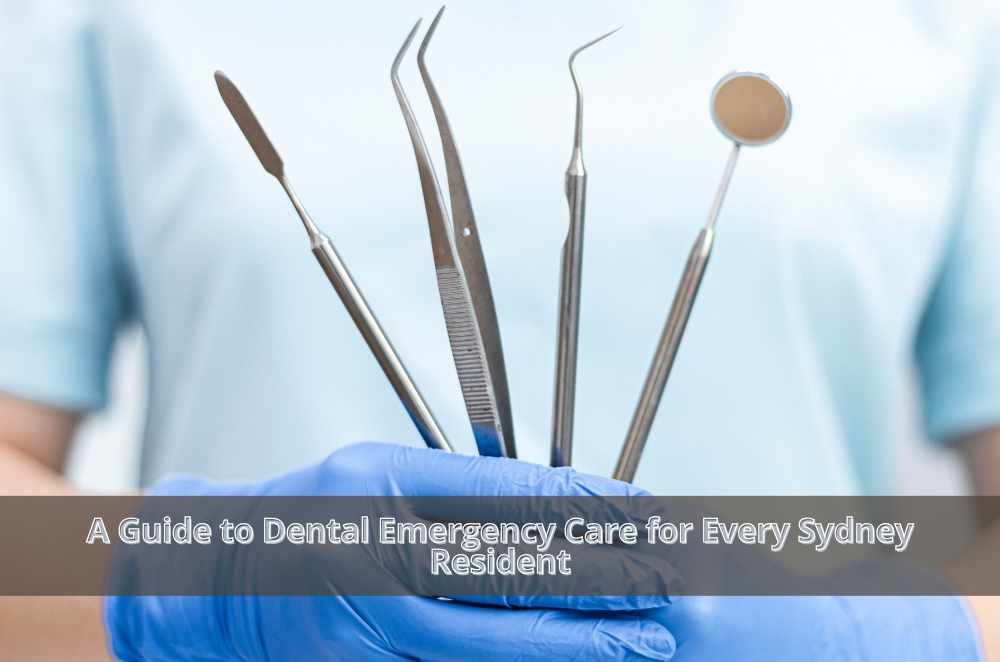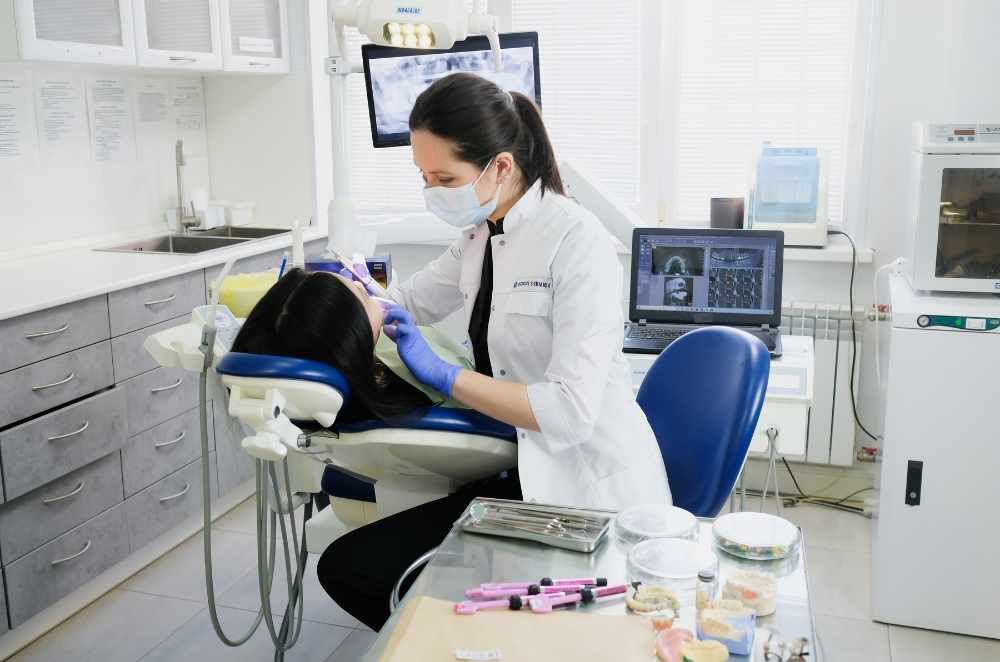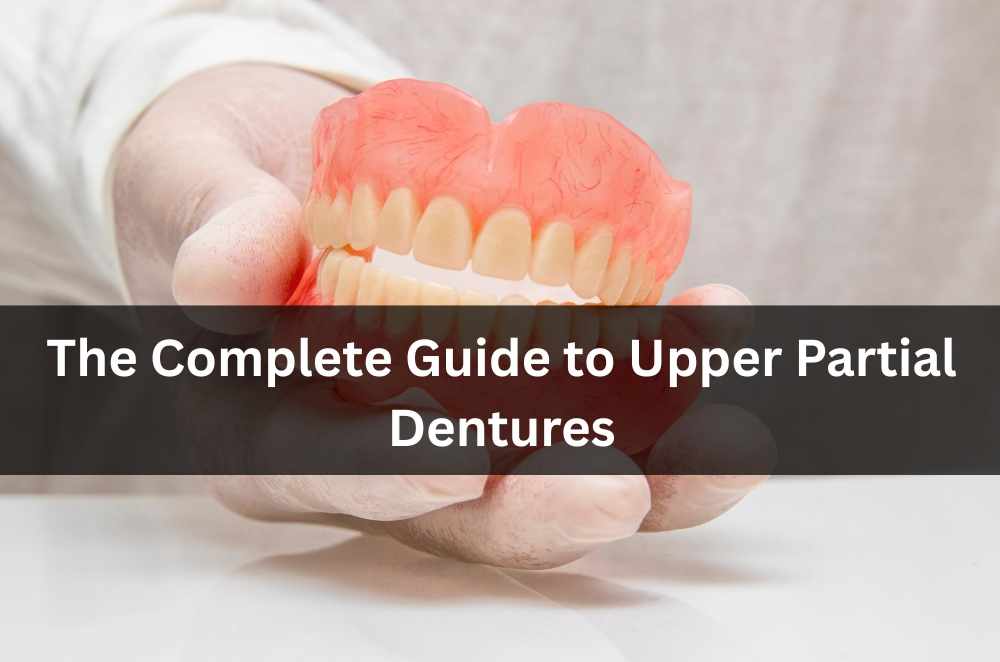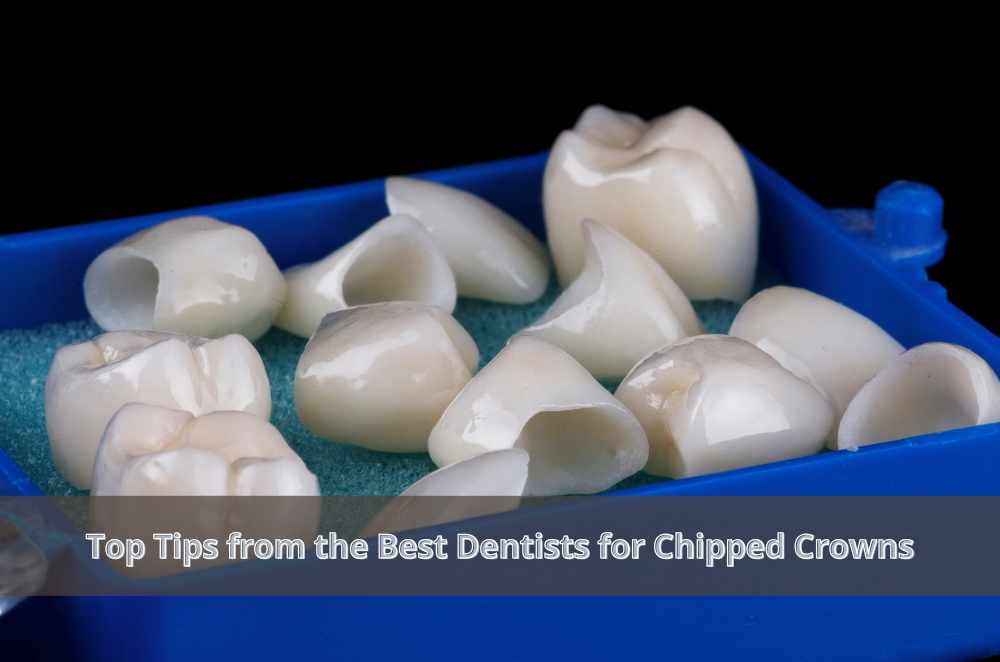
You don’t really think about dental care emergencies until you’re right in the middle of one. It happens fast—an awkward bite on a toasted sandwich, a footy mishap, or a cracked molar out of nowhere on a Sunday morning. The pain’s real, the panic even more so. If you’re like most Sydneysiders, you’re not sure what to do next—rush to the nearest dentist? Google remedies and hope for the best? Or just tough it out and see if it passes? Over the years, I’ve helped friends, neighbours, and more than one family member through late-night dental dramas. A bit of know-how, and a little prep, can mean the difference between saving a tooth and losing it for good.
What is a dental emergency? Not all pain is the same
Not every sore tooth needs a mad dash to the clinic—but some issues just can’t wait. In my experience, these are the ones you act on right away:
Knocked-out, broken, or loosened teeth (sport and playground accidents are classic culprits)
Severe toothache, swelling, or infection (especially with fever or spreading pain)
Uncontrolled bleeding from gums or mouth injuries
Lost fillings, crowns, or dental work causing sharp pain
The key is knowing when to seek help, not just tough it out. According to Australian dental emergency guidelines, any dental injury that risks long-term function, serious pain, or infection counts as an emergency.
I once chipped a front tooth just before a wedding—panicked, but my dentist talked me through what to do before I got to the chair. Saved the day (and the family photos).
First steps: What to do before you reach the clinic
Here’s what I’ve learned the hard way: how you act in those first few minutes makes all the difference.
If a tooth gets knocked out:
Find the tooth (pick it up by the crown, not the root)
Gently rinse with milk or saline—don’t scrub!
Try to pop it back in the socket if you can, or keep it in milk
Get to the dentist, fast—time is everything
For cracked or broken teeth:
Rinse mouth with warm water
Use a cold compress for swelling
Save any pieces if you can find them
For toothache or swelling:
Rinse with saltwater
Use a cold pack outside the cheek
Paracetamol is fine, but skip the aspirin (can worsen bleeding)
With kids or anyone feeling faint, keep them calm and upright. A little reassurance goes a long way.
Who to call (and when): Sydney’s emergency options
It’s always at the worst times, isn’t it? Long weekends, after hours, the minute your regular dentist closes the doors. My go-to: keep a list of local 24/7 clinics on the fridge, plus the number for your family dentist. Many practices (like Marsfield Dental Care) run after-hours lines or emergency triage.
If you can’t reach your usual dentist:
Search for an emergency dental clinic nearby
Use government sites to check verified providers
In severe cases (massive bleeding, trouble breathing), don’t muck around—call 000 or head straight to the hospital.
Sydney’s a big city, but help is closer than you think. Quick action can mean saving a tooth instead of losing it.
Your treatment options: From urgent care to follow-up
Not every emergency looks the same, and neither do the treatments. Depending on the problem, dentists might:
Re-implant or stabilise knocked-out teeth
Drain abscesses or prescribe antibiotics for infections
Replace lost fillings or crowns (sometimes with a temporary fix until your regular appointment)
Repair chips with bonding or composite
In the worst cases, recommend extraction
If you need more details on urgent dental treatment options, don’t be shy—most clinics (and blogs) have guides or can answer your questions over the phone.
After the main emergency, there’s usually a follow-up plan. Don’t skip it. That’s how you avoid a second round of drama.
Real world: What I wish I’d known sooner
The first time I dealt with a dental emergency, I made nearly every mistake possible. Waited too long, tried dodgy home fixes, put off the dentist (hoping it would “settle down”). Now, I tell everyone: act early, call a pro, and don’t gamble with pain.
Some quick lessons:
Keep your dentist’s number handy
Stock pain relief and saline at home
If you play sport, get a mouthguard and use it—no exceptions
Don’t delay just because it’s “after hours”—some injuries need fast action
Dental emergencies aren’t rare—they’re just rarely planned for.
Managing specific emergencies: Knocks, chips, and lost fillings
Every emergency feels different, but there’s a rough pattern:
Knocked-out teeth: This is the big one. The sooner it’s back in the socket, the better the odds (ideally within 30 minutes).
Chipped or broken teeth: Save the pieces, avoid chewing on that side, and get checked even if it “doesn’t hurt much.”
Lost crowns or fillings: Use dental wax or sugar-free gum as a temporary fix, but see a dentist soon.
Soft tissue injuries: Clean with saline, apply gentle pressure if bleeding, and watch for signs of infection.
For more on managing trauma, check a trusted guide on how to manage a knocked-out tooth. Most big dental associations have step-by-step advice online.
Prevention: The best way to avoid a dental emergency
Can’t avoid every accident, but you can stack the odds in your favour:
Wear mouthguards for any contact sport—kids and adults
See your dentist for regular check-ups (they spot cracks and decay before they hurt)
Don’t use teeth to open packets or bottles (tempting, but always a bad idea)
Fix dental work as soon as it breaks—tiny problems become emergencies fast
My cousin ignored a minor filling for weeks—one day, it cracked in half, and what could have been a quick fix turned into a root canal.

Final thoughts
Dental emergencies are stressful, but with a bit of knowledge and a plan, you can turn panic into action. Fast thinking—plus knowing when to call the pros—can save teeth, money, and a lot of pain down the track. Sydney has no shortage of help if you know where to look, so don’t hesitate. A quick call or a visit might be all it takes to turn a dental disaster into a near miss.








Write a comment ...